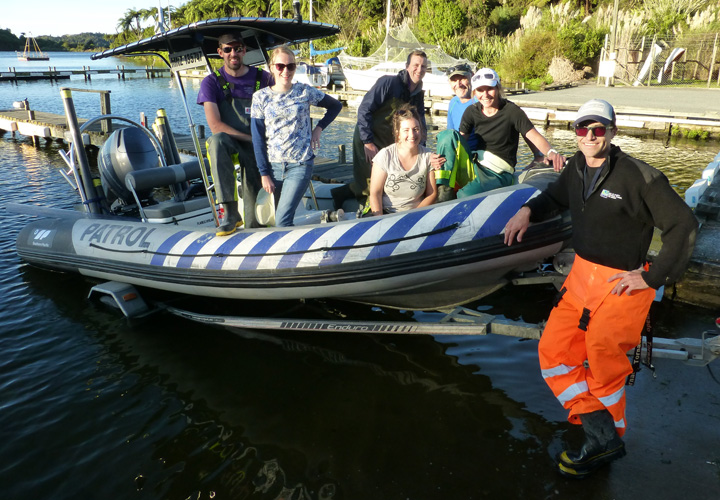Evaluating and improving | Te arotake me te whakapai
Evaluating the impacts of a just transition process or activity enables continual improvement.
On this page I tēnei whārangi
Impact evaluation is “the systematic identification of the effects – positive or negative, intended or not – on individual households, institutions, and the environment caused by a given development activity such as a program or project”.[1]
Effective evaluation should be:
- Periodic
- In depth
- Time-bound
- Systematic
- Inclusive
Evaluation can be directed towards how you’re working together, and your outcomes and impacts. The process can include a Māori lens. When evaluating progress and outcomes, it is important to be brave and ask challenging questions:
- Is our progress consistent with the intended vision, principles and values?
- What hard truths and surprises have we encountered?
- Can we improve how we are working together?
Useful resources include:
Mā Te Rae(external link) — Māori Evaluation Association
Selecting evaluation questions and types(external link) — Learning for Sustainability
Overall, it is best if you plan for systematic, transparent and adaptive processes that include monitoring and evaluation of success.
The Land and Water Forum – initial progress followed by failures of implementation (Nationwide)
The Land and Water Forum applied consensus-based collaborative governance to develop “an overall package of reforms for managing freshwater that will enable all New Zealanders to get the ‘best value’ for society from New Zealand’s freshwater resources”.[2] It completed 4 phases of work between 2008 and 2018.
After 2 years of operation, the Chair Alistair Bisley explained the value of collaborative governance:
“It is very unbureaucratic. It takes out the middle man and puts the onus of finding a way through a complex issue or series of issues on the stakeholders themselves – the people and organisations whose interests, conflicting or coinciding or complementing each other, give the problem its complexity.”[3]
The major achievement of the Forum was overcoming initially adversarial relationships between major stakeholders to achieve significant progress in policy direction. Despite the initial progress made by 2012, a 2016 assessment found that only 21 of 219 Land and Water Forum recommendations had been fully implemented.[4] Minor progress had been made on 38 and no implementation for 112. The forum lost credibility as large environmental organisations resigned and water policy became contentious again.

Photo credit: Troy Baisden
[1] Monitoring and Evaluation: Some Tools, Methods and Approaches(external link) — World Bank
[2] Reflections on the Collaborative Governance Process of the Land and Water Forum [PDF 1.6 MB](external link) — Ministry for the Environment
[3] Collaborative Governance Case Studies: The Land and Water Forum [PDF 1.2MB](external link) — Ministry for the Environment
[4] LAWF Recommendation Implementation Status [PDF 311 KB](external link) — Our Land and Water

